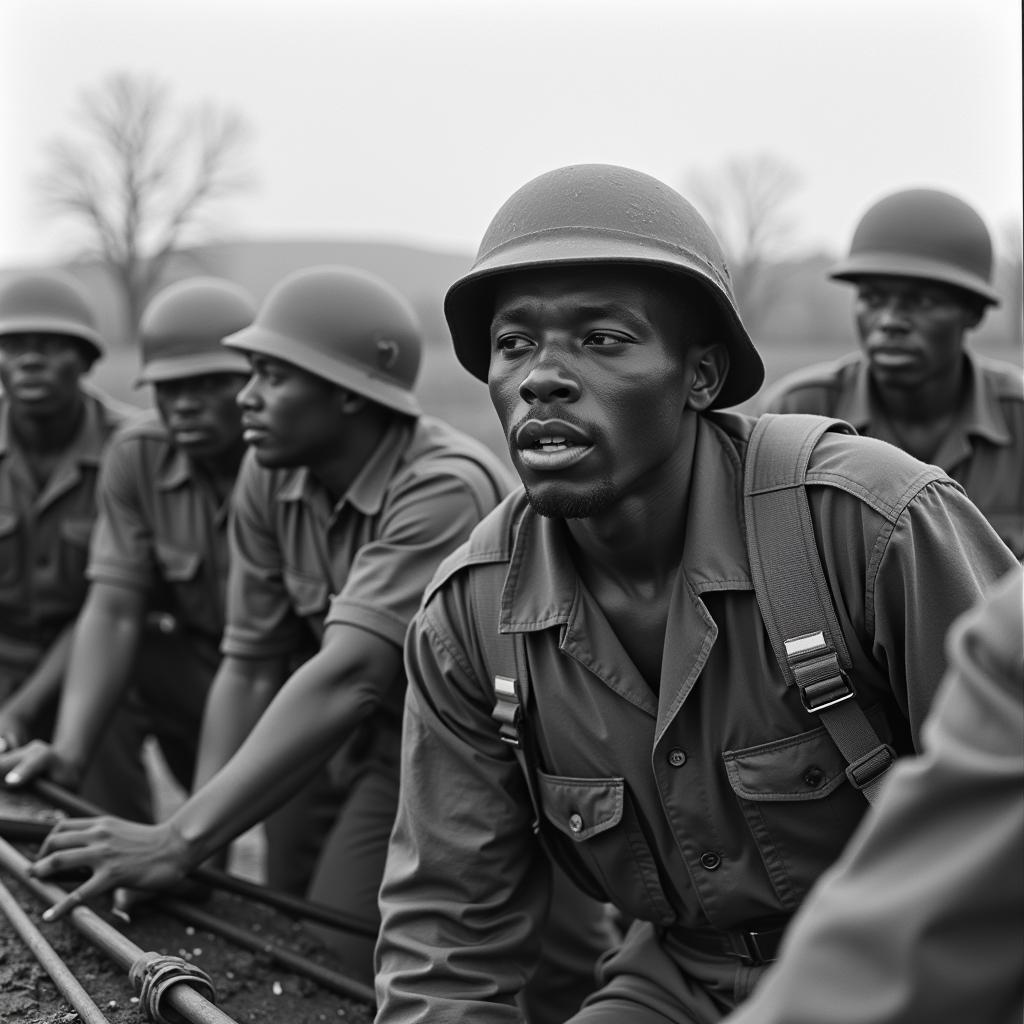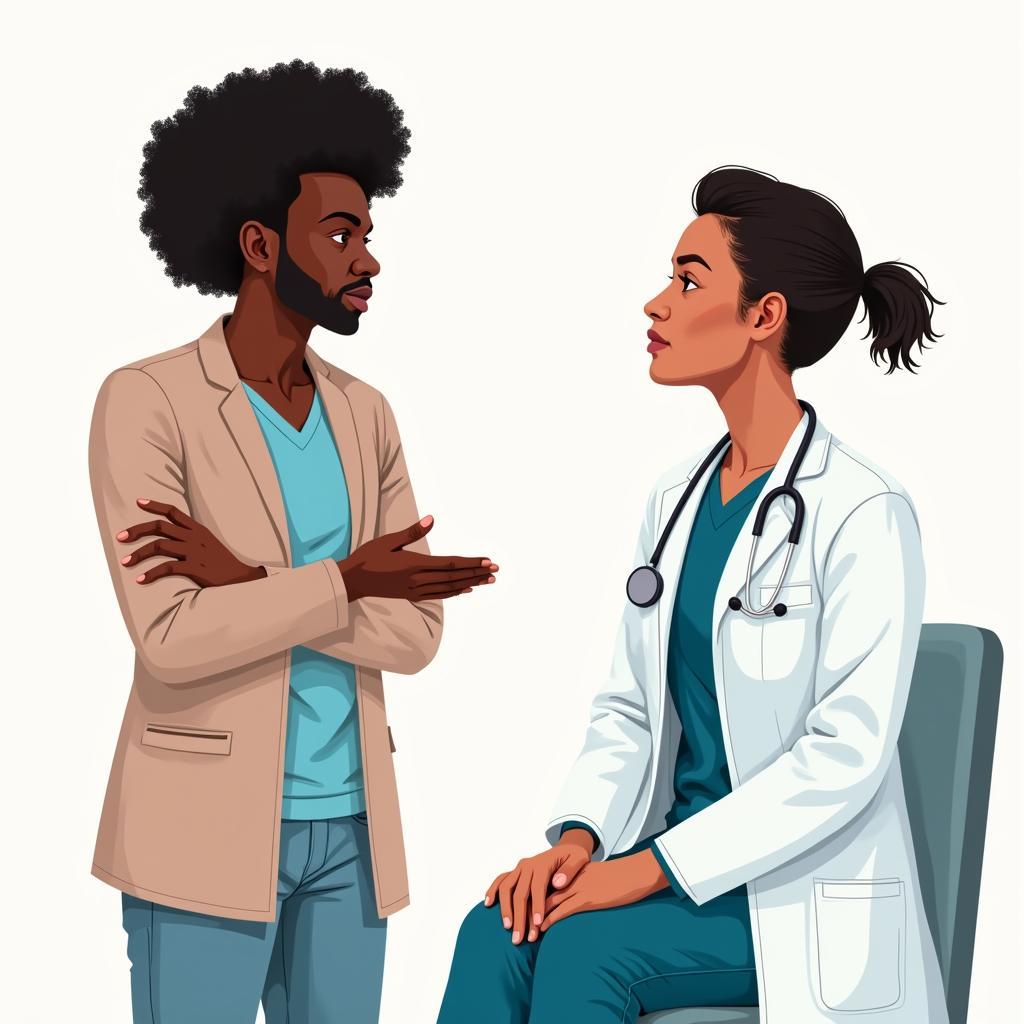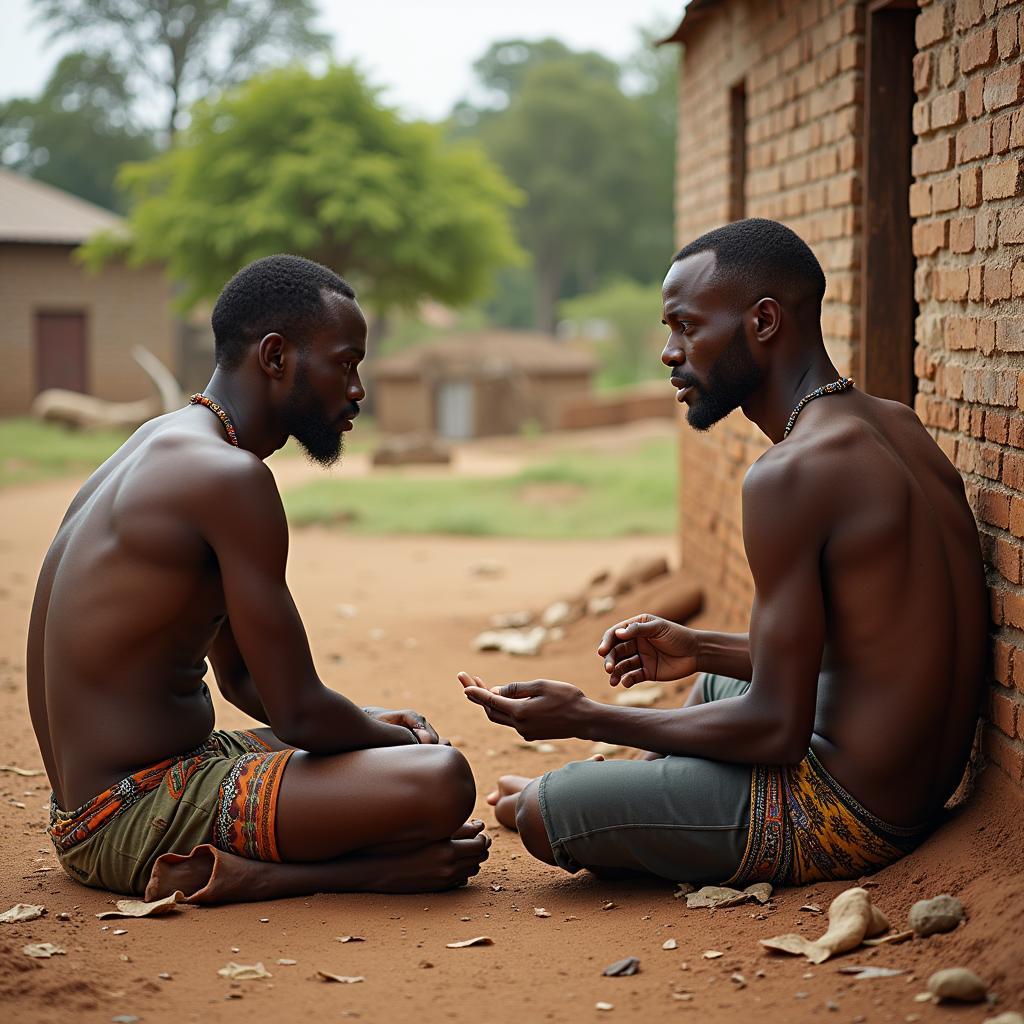The African Charter: A Cornerstone of Human Rights in Africa
The African Charter on Human and Peoples’ Rights, often referred to as the African Charter, is a landmark legal instrument that enshrines human rights and fundamental freedoms for all people in Africa. Adopted by the Organization of African Unity (OAU) in 1981 and entering into force in 1986, the African Charter is a crucial pillar of the African human rights regime. This article delves into the significance of the African Charter, exploring its key provisions, the mechanisms for its implementation, and its enduring impact on human rights in Africa.
The Genesis of the African Charter
The African Charter emerged from a growing recognition among African states of the need for a dedicated legal framework to protect human rights on the continent. The horrors of colonialism and the struggle for independence had highlighted the vulnerability of human rights in Africa, and the post-independence era saw a surge in human rights violations. The African Charter aimed to address this by establishing a legally binding document that would promote and protect the fundamental freedoms of all Africans.
Key Provisions of the African Charter
The African Charter comprises 34 articles that cover a wide range of human rights, including:
- Right to Life, Integrity and Security of Person: Article 4 prohibits arbitrary deprivation of life, torture, and cruel, inhuman, or degrading treatment.
- Freedom from Slavery and Forced Labor: Article 5 guarantees freedom from slavery and forced labor, ensuring that all individuals have the right to choose their own work.
- Right to Liberty and Security of Person: Article 6 ensures that individuals are not subjected to arbitrary arrest or detention, and have the right to a fair trial.
- Right to Equality before the Law: Article 12 recognizes the equal rights of all people before the law, prohibiting discrimination on grounds of race, color, sex, language, religion, political or any other opinion, national or social origin, fortune, birth, or any other status.
- Right to Freedom of Expression and Information: Article 9 protects the freedom of expression, opinion, and the press, ensuring that individuals have the right to freely express themselves without fear of reprisal.
- Right to Assembly and Association: Article 10 guarantees the right of peaceful assembly and association, allowing individuals to gather and organize without interference from the state.
- Right to Education: Article 17 acknowledges the right of every individual to education, emphasizing the need for accessible and quality education for all.
- Right to Work: Article 15 recognizes the right to work, ensuring that individuals have the opportunity to earn a living and contribute to society.
- Right to Health: Article 16 recognizes the right to health, underscoring the responsibility of states to provide access to healthcare services for all.
The African Commission on Human and Peoples’ Rights
The African Charter established the African Commission on Human and Peoples’ Rights, which acts as the main body responsible for promoting and protecting human rights in Africa. The Commission, composed of experts from across the continent, has a range of powers, including:
- Monitoring and Review: The Commission monitors the implementation of the African Charter by African states and undertakes periodic reviews of their human rights records.
- Receiving and Investigating Complaints: Individuals and NGOs can file complaints with the Commission alleging violations of the African Charter by African states.
- Issuing Recommendations and Resolutions: The Commission can issue recommendations to states on how to improve their human rights record and address specific violations.
- Promoting Human Rights Awareness: The Commission actively engages in human rights education and public awareness campaigns across Africa.
The Impact of the African Charter
The African Charter has had a profound impact on human rights in Africa, serving as a vital tool for promoting and protecting fundamental freedoms. Its influence can be seen in:
- Strengthening Human Rights Laws and Institutions: The Charter has inspired the adoption of human rights legislation and the establishment of human rights institutions in many African countries.
- Protecting Individuals from Abuse and Discrimination: The Charter has provided a legal framework for protecting individuals from arbitrary detention, torture, discrimination, and other forms of abuse.
- Promoting Dialogue and Cooperation: The African Commission has fostered dialogue and cooperation among African states on human rights issues, helping to build a shared understanding and commitment to human rights protection.
- Raising Awareness of Human Rights Issues: The Charter has contributed to a growing awareness of human rights issues across Africa, empowering individuals and communities to demand their rights.
The Challenges Facing the African Charter
Despite its achievements, the African Charter faces a number of challenges in its quest to ensure human rights for all Africans. These challenges include:
- Lack of Enforcement Mechanisms: The African Charter lacks strong enforcement mechanisms, making it difficult to hold states accountable for violations.
- Weak State Capacity: Some African states lack the resources and capacity to fully implement the provisions of the Charter.
- Political Interference: Political interference can undermine the independence and effectiveness of the African Commission.
- Cultural and Social Barriers: Traditional practices and cultural beliefs can pose obstacles to the realization of certain human rights.
The Future of the African Charter
Despite the challenges, the African Charter remains a vital cornerstone of human rights in Africa. Its continued relevance is evident in the growing recognition of its importance, the increasing number of states that have ratified it, and the growing body of case law developed by the African Commission.
To strengthen the impact of the African Charter, efforts must focus on:
- Strengthening Enforcement Mechanisms: Developing more robust enforcement mechanisms, such as an African Court of Human and Peoples’ Rights with compulsory jurisdiction, will help to ensure accountability for violations.
- Building State Capacity: Supporting African states in building their capacity to implement the Charter’s provisions is crucial.
- Protecting the Independence of the African Commission: Safeguarding the independence of the African Commission from political interference is essential for its effectiveness.
- Addressing Cultural and Social Barriers: Promoting dialogue and understanding between different communities and groups can help to address cultural and social barriers to human rights.
FAQ
Q: How many countries have ratified the African Charter?
A: All 55 African countries have ratified the African Charter, making it a truly pan-African instrument.
Q: What is the role of the African Court on Human and Peoples’ Rights?
A: The African Court is a judicial body established by the African Charter. It has jurisdiction over human rights cases filed by individuals, NGOs, or states. However, it currently has limited jurisdiction, with only a few countries having declared their acceptance of the Court’s compulsory jurisdiction.
Q: What is the significance of the African Charter in the context of international human rights law?
A: The African Charter is a significant contribution to the body of international human rights law. It reflects the specific context of human rights in Africa, addressing issues unique to the continent. It also serves as a model for other regional human rights instruments.
Q: What can I do to support the implementation of the African Charter?
A: You can support the implementation of the African Charter by advocating for human rights, raising awareness about the Charter, and supporting human rights organizations working in Africa.
Q: Where can I find more information about the African Charter?
A: You can find comprehensive information on the African Charter on the website of the African Commission on Human and Peoples’ Rights.
This article has provided a glimpse into the significance of the African Charter on Human and Peoples’ Rights. It is a powerful legal instrument that continues to play a critical role in protecting human rights and promoting justice in Africa. Through continued advocacy, support, and implementation, the African Charter can continue to empower individuals and communities, contributing to a more just and equitable future for all Africans.


